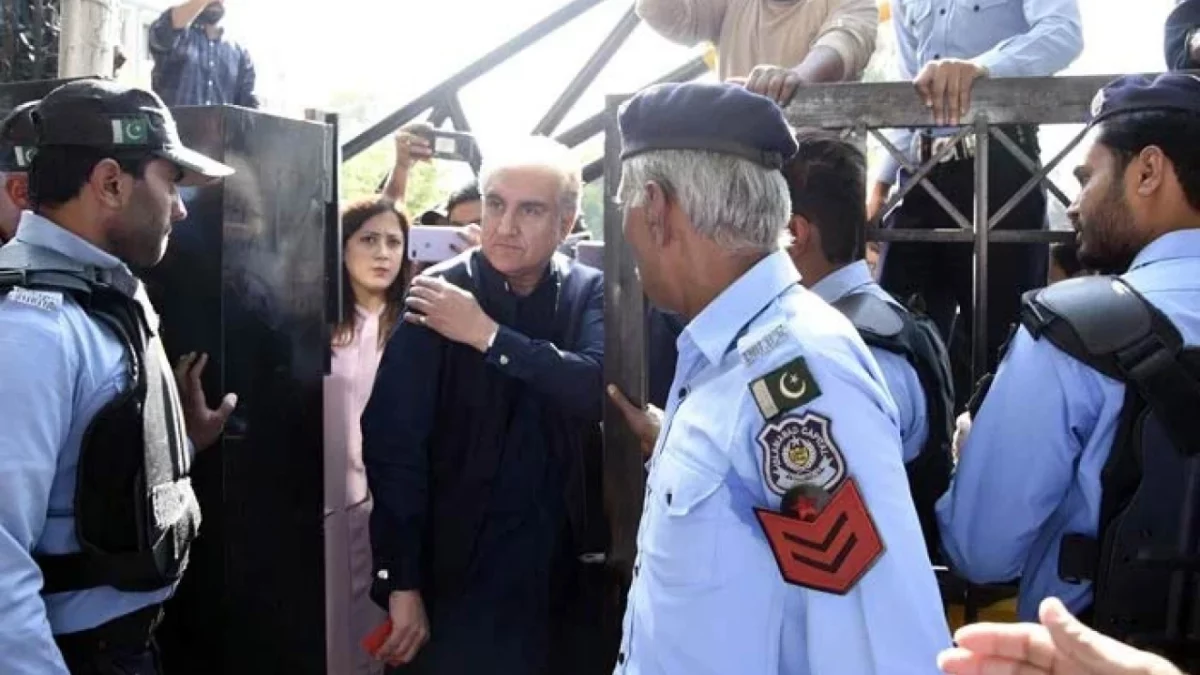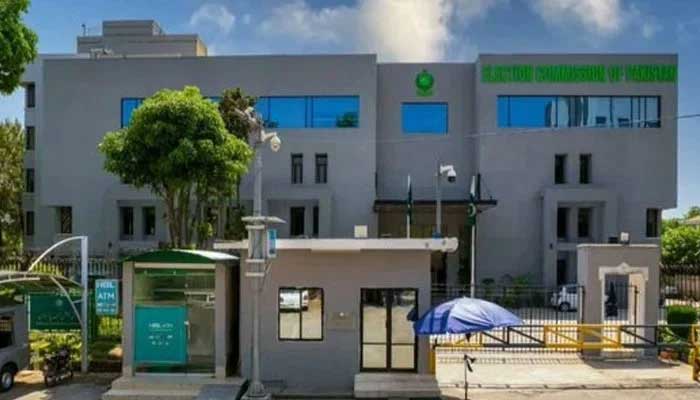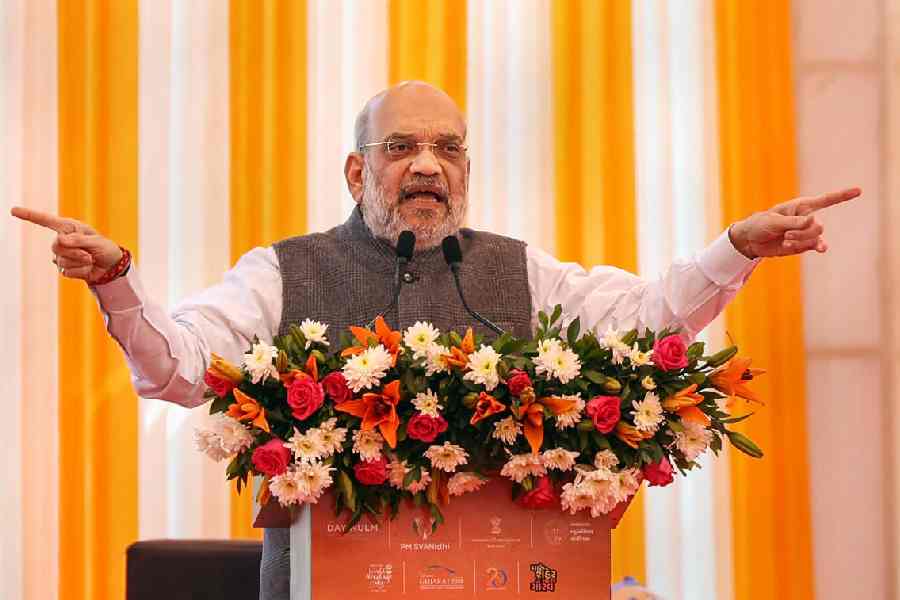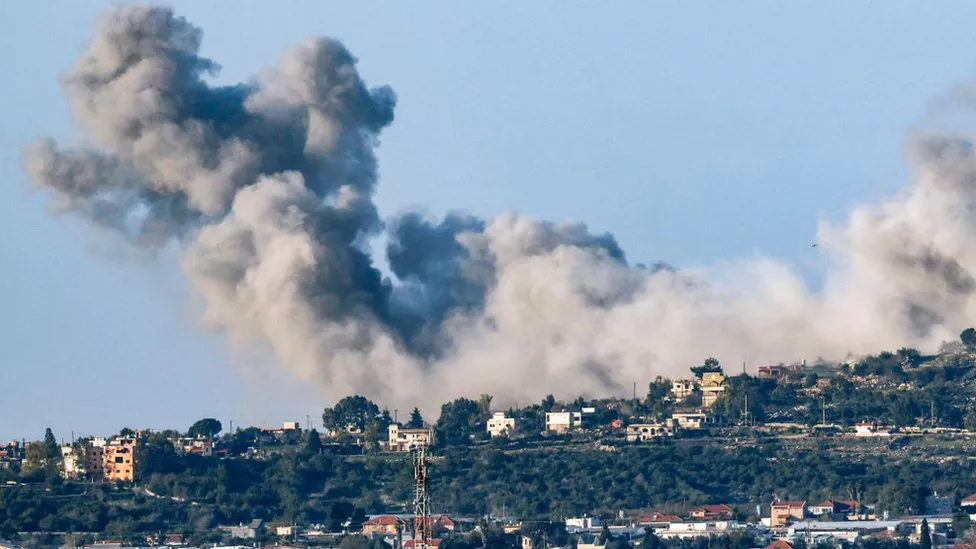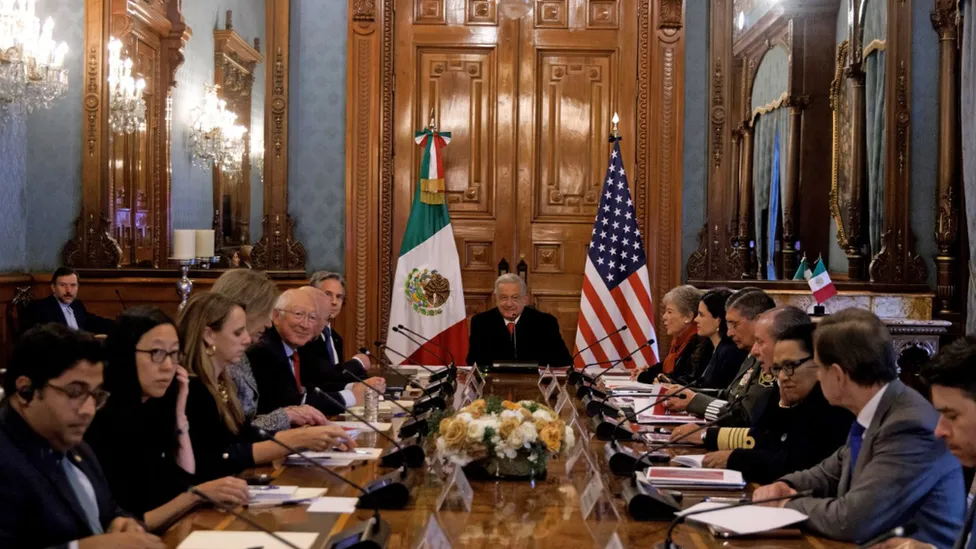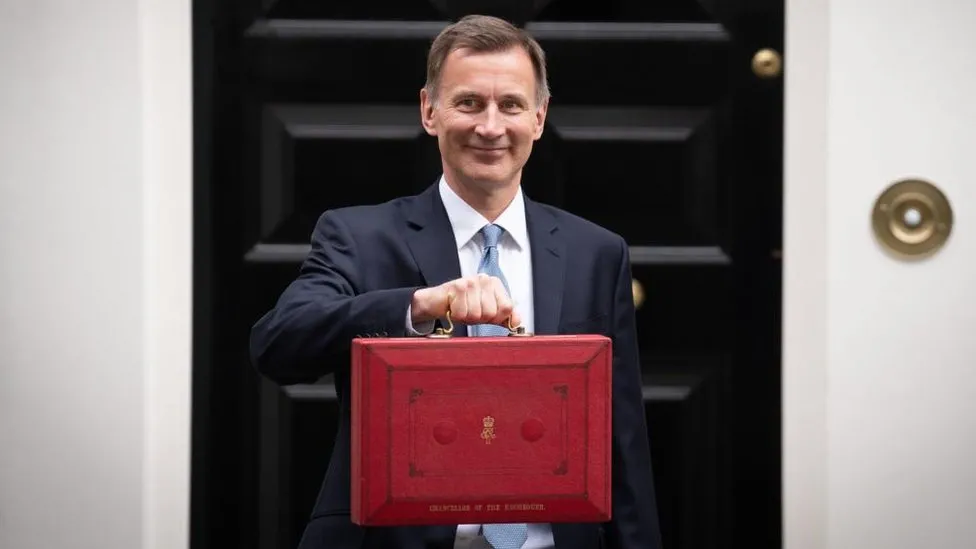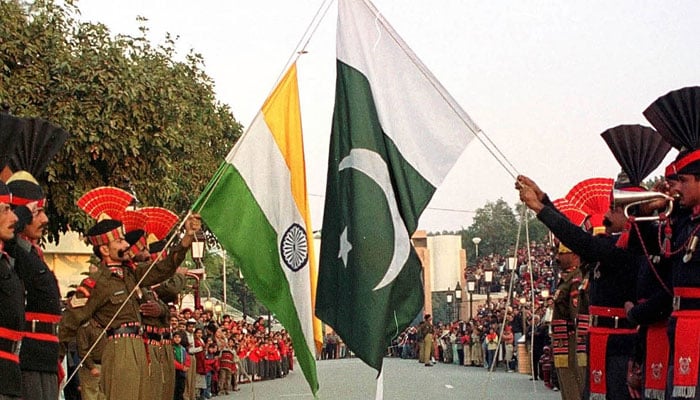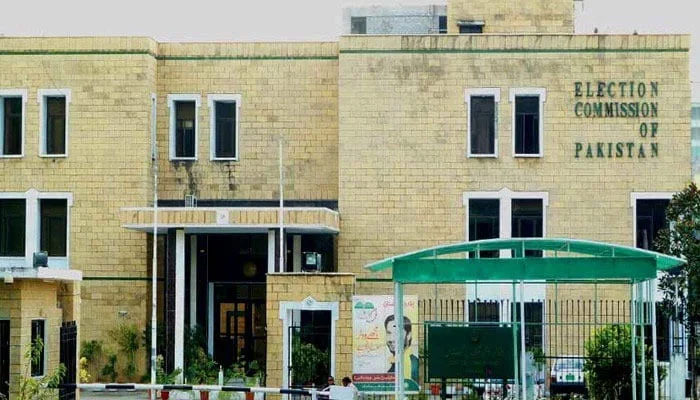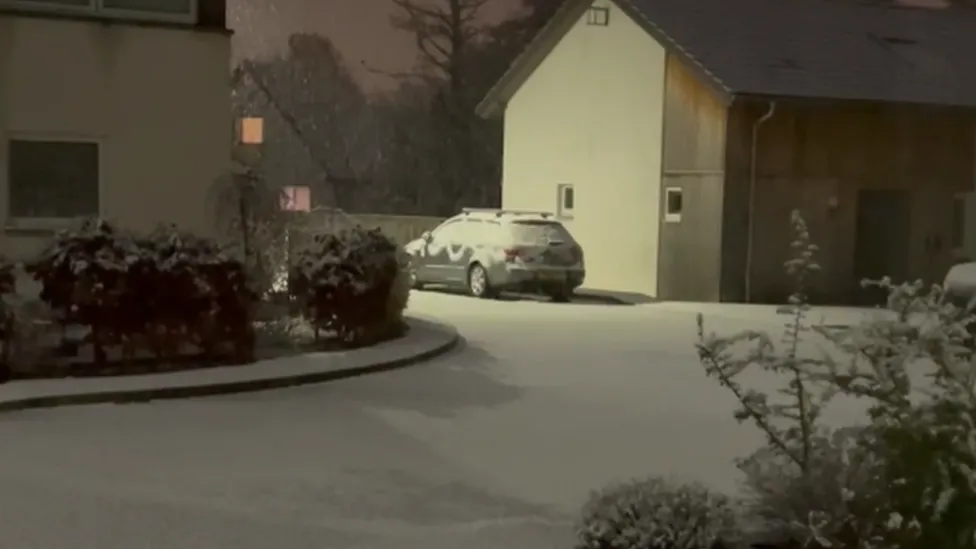Just another day in Indian-Occupied Kashmir’s Poonch district on December 22. Mohammad Showkat, age 22, Safeer Hussain age 45, and Shabir Ahmad age 32 were picked up in the morning and dropped off later that day. Dead. Three more dead Kashmiris to add to the over 100,000 that India’s occupying forces have killed over the last three and a half decades.
In less than six weeks, Pakistan is going to elect a new government. It is likely that this government will not want to be reminded of Kashmir. It will instead want ‘dialogue’ with India. It will most likely privilege this dialogue with India over all other issues, including the economy. As a long-standing champion for normalization between South Asia’s two largest countries, I should be excited by this prospect. Why then does the prospect inspire trepidation instead?
Exactly eight years ago on December 25, 2015, I was among the few Pakistanis that was thrilled at Indian Prime Minister Narendra Modi’s visit to Lahore. That visit, at that time, represented the prospect for the two countries to engage as relative equals in terms of sovereign autonomy. India was just coming to terms with what a right-wing Hindu supremacist leader was going to do as the country’s chief executive. Pakistan was winning a devastating war against terror and the economy looked like it would really start to grow.
It is not hard to imagine a positive trajectory for the two countries that were engaged with each other in some manner of diplomatic and economic negotiation. We don’t know what that trajectory may have looked like, but as an optimist, I am willing to concede that it may have been very different from how things ensued.
Just how different? For starters, Pakistan may have been spared its grey-listing at the FATF. Additionally, it may have faced a different kind of posture from the United States and its allies in Afghanistan – one that did not start and end with those countries saddling Pakistan with the blame for their failed (at that time) decade and a half of war in Afghanistan.
It certainly would also have been a very different set of circumstances that then-Prime Minister Nawaz Sharif would have faced. The openly hostile attitude of the military, peaking with the so-called Dawn Leaks fiasco of October 2016, may have gone differently. So much else may have been different thereafter, including the Supreme Court decision that unseated the then PM in late July of 2017. This is largely where there is objectively good reason for peaceniks in Pakistan to be sour – until about mid to late 2017. The problem is that history does not start or end where we would like it to. It is a continuum. How we choose to read history is our prerogative, but the facts don’t change to suit our preferences.
As strongly pro-normalization as I am, it is hard for me to ignore the explicit and unapologetic posture of India’s leaders since 2016. Pakistan has held India responsible for financing and supporting terrorists attacking Pakistan throughout this period, but there are other indicators that are much more obvious.
In 2016, there were 326 ceasefire violations by India across the Line of Control (LOC). In 2017 this number almost tripled to 1,140 ceasefire violations. It then doubled in 2018 to 2,350 and then spiked again to 3,351 in 2019. This escalation isn’t isolated, and it can’t be blamed entirely on whatever India claims Pakistan may have been doing to provoke it.
It isn’t just across the LOC that India has consistently sought to raise temperatures.
The year 2016 represented a major shift. First, India claimed that it had conducted ‘surgical strikes’ in Pakistani territory. Pro-normalization peaceniks like me were assured then — by senior officials in Pakistan and by pro-normalization voices within India — to ignore India’s posturing, that it was only for the newspapers, and to persist with the vision for a strong and peaceful South Asia. Pakistan officially took the same position that pro-normalization folks here were encouraged to take: to let the surgical strikes claim be and not react to them. They were fictions that some Indians needed for their internal consumption.
Later in 2016, pro-normalization Pakistanis like me were left completely speechless by PM Modi’s Independence Day speech, where he said, “I want to especially honour and thank some people from the ramparts of the Red Fort. For the past few days, the people of Balochistan, people of Gilgit, people of Pakistan-occupied Kashmir, the way their citizens have heartily thanked me…”. Rhetorical provocations like this used to be the domain of India’s large Hindu supremacist troll army, but they were never taken seriously. (Perhaps it is worrying that they still aren’t).
When Pakistan was grey-listed by the FATF in 2018, India openly expressed official endorsement for the economic sanctioning of its neighbour. No serious observer of India-US and India-France relations believes that India was not driving the behind-the-scenes machinations at the FATF. However, neither US nor French officials needed much convincing, given how consistently and craftily the UNSC 1267 triple canopy of LET, JEM and HQN had been hung upon Pakistan’s head after the terrorist attacks in Mumbai on November 26, 2008.
Fast forward then to 2019. First, India blamed the Pulwama incident – in which over 40 Indian soldiers were killed — on Pakistan-based groups. No evidence for this has ever been provided but buoyed by the Western partners that now complain about India’s ‘strategic autonomy’, India went ahead and launched an assault on Pakistani territory on February 26, 2019, leading to the downing of at least one Indian fighter jet, and the shutting down of airspace across the region and the first real sense in decades of an impending conventional conflict between the two nuclear powers. Then too, pro-normalization folks like me took the high road, applauded Pakistan’s restraint and encouraged the swift handing back of a captured Indian pilot back to India.
Then, on August 5, 2019, India unilaterally altered the status quo in Kashmir through its revocation of the special status of the territory. For decades, this has been part of the Hindu supremacist aspiration for Kashmir. For decades, pro-normalization voices like mine have been convinced that such extremist policy was for show only — “India would never act on such base instincts”, we were assured year after year after year in Track II, Track 1.5 and during direct talks with Indian authorities. Since then, those same voices have urged Pakistanis to come to terms with the new status quo and to urge Pakistani authorities to work on convincing India’s leadership of its seriousness for normalization by stopping the constant references to Indian-occupied Kashmir.
Throughout this period, India has blocked all efforts to resuscitate Saarc and it has actively undermined all fora at which it must share the space with Pakistan. Most notable in this regard are constant attempts by Indian officialdom to embarrass Pakistani representatives at the various SCO meetings that both countries are committed to.
To top all this off, on March 9, 2022, India launched a BrahMos missile into Pakistani territory. The payload landed in Mian Chunnu and was deemed to be an accident by both the Indian and the Pakistani authorities. Sensible observers should accept official accounts of such incidents. But they should never ignore the trendlines that shape the context for such incidents — accidental or not.
Deliberately or accidentally, India’s populist Hindu supremacist rhetoric on Pakistan has morphed into its formal policy architecture. India’s leaders, its institutions and even the weapons it buys from countries ranging from France and the United States to Russia are all pointed, principally at Pakistan.
In the interim, India’s formal structures have adopted and endorsed the unilateral change to the status quo in Kashmir. Kashmiris have been left to fend for themselves for decades, but since 2019 even the rhetorical engagement of Pakistani elites has nosedived. Like always, there may be a debate about what Kashmiris are, but there is none about what they are not. They are not Indian.
Put together, the case for Pakistan to seek further ways to assuage and concede to India seems weak. Sadly, those that wish to plough into further concessions to India see all this evidence of India’s true intent but counter with the fact that India has added more than one trillion dollars to its GDP since 2016. In the same period, Pakistan has added just a smidge over $60 billion to its economy.
Is an economic gap a compelling reason to bend over backwards in search of peace with a war-mongering adversary? And, more importantly, can anyone identify the upper limit of what it would take to soothe the existential thousand-year rage of India’s Hindu supremacists?
May there be a dignified peace, and not a rushed surrender, in South Asia in 2024.


